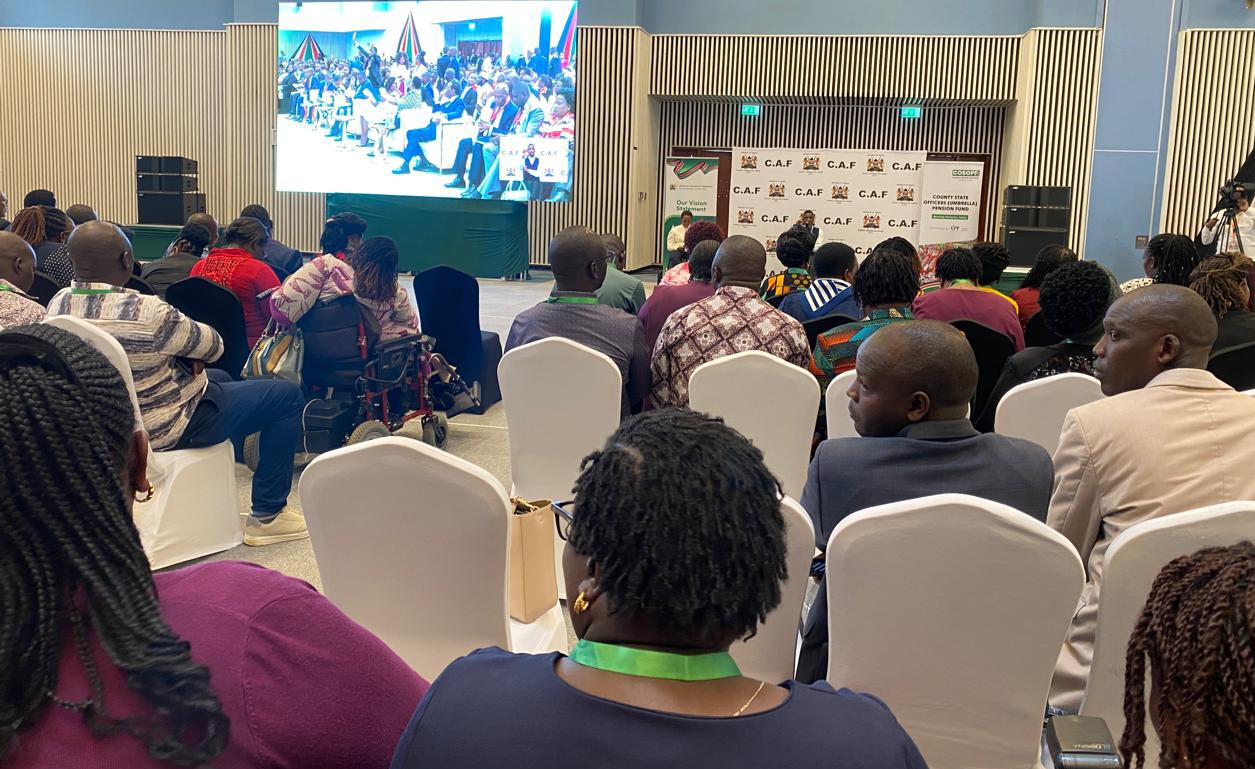By Our Correspondent
The Kenyan government is facing mounting pressure to explain how billions of shillings disbursed through the Hustler Fund have effectively vanished, with over 10 million borrowers defaulting on loans and disappearing from the system.
Appearing before the Departmental Committee on Trade, Industry and Cooperatives, Micro, Small and Medium Enterprises (MSME) Development Principal Secretary Susan Mang’eni revealed that the state is contemplating writing off Sh6 billion in loans borrowed in late 2022. These loans were mostly taken in small amounts, as low as Sh500, when the Hustler Fund was launched amid much fanfare.
Mang’eni admitted that the defaulting borrowers, many of whom only borrowed once or twice, have since been graded as high-risk (credit score C3) and are no longer eligible for loans. Of the total Sh65.5 billion disbursed, Sh53.8 billion has reportedly been repaid, but a staggering Sh8 billion remains non-performing, as revealed in the latest audit by Auditor General Nancy Gathungu.
“The repayment rate of personal loans is about 80 per cent,” Mang’eni told MPs. “However, about 10 million Kenyans who borrowed in November and December 2022 have not repaid. The money at risk is approximately Sh6 billion.”
The audit report paints a grim picture. It highlights financial improprieties within the fund’s management and reveals that a shocking 64 per cent of loans remain unpaid, raising concerns over the fund’s sustainability and transparency.
Despite this, the MSME department is seeking an additional Sh5 billion to expand the fund’s operations, including plans to offer insurance premium financing and affordable housing loan products. Mang’eni said this would help align the fund with national development priorities, such as universal health coverage and housing.
“Already, we are integrating an insurance premium financing product on the Hustler Fund platform to enable borrowers to pay for their Social Health Authority (SHA) cover,” she said, adding that over 4.9 million Kenyans have been assessed and qualify for such support.
MPs, however, were unconvinced. Aldai MP Marianne Keitany queried why the department needed extra funding when billions remain uncollected from defaulters. “If there’s Sh6 billion unrecovered from borrowers and this is a Sh65 billion revolving fund, why are you asking for another Sh5 billion?” she asked pointedly.
Machakos Woman Representative Joyce Kamene demanded a breakdown of how the funds are distributed, lamenting that groups in her county have received no support. Meanwhile, Starehe MP Amos Mwago questioned the fund’s viability, stating that with only 36 per cent of loans repaid, the programme cannot sustain itself.
Kajiado South MP Samuel Parashina was even more scathing. “This whole Hustler Fund is a joke. It’s nothing more than a con game. We were never satisfied with its design or implementation,” he said.
The MSME department is also requesting an additional Sh400 million for administrative costs, including Sh300 million for a financial inclusion system to better manage loans and data. Mang’eni conceded that current audit queries were partly due to weaknesses in data reconciliation and reporting.
Whether Parliament will approve more funding amid such glaring inefficiencies remains to be seen. But what is clear is that the Hustler Fund, once hailed as a game-changer for grassroots economic empowerment, is now in desperate need of reform, accountability, and transparency.





